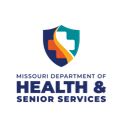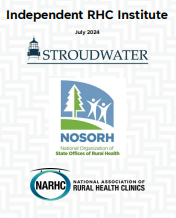July 2, 2024

Supplemental Health Care Service Agencies Urged to Register with the State
The COVID-19 pandemic caused unprecedented workforce challenges in the health care industry that led to an increase in supplemental health care service agencies in operation which help fill critical gaps in staffing. In 2022, a law was passed in Missouri requiring these agencies to register with the State of Missouri’s Department of Health and Senior Services (DHSS).
DHSS was tasked with building the new program and regulations. Since September 2023, DHSS has had oversight of supplemental health care service agencies if such agency provides or procures temporary health care personnel to a licensed hospital (as defined under section 197.020, RSMo), or a licensed assisted living facility, intermediate care facility, residential care facility, or skilled nursing facility (as defined under section 198.006, RSMo), including the registration and inspection process of such agencies and the investigation of complaints.
A supplemental health care services agency is defined in Missouri law as a person, firm, corporation, partnership or association engaged for hire in the business of providing or procuring temporary employment in health care facilities for health care personnel, including a temporary nursing staffing agency, or that operates a digital website or digital smartphone application that facilitates the provision of the engagement of health care personnel and accepts requests for health care personnel through its digital website or digital smartphone application.
Agencies are to register online annually to remain compliant. Changes to the agency, such as contact information or ownership, shall also be reported to DHSS within 30 days of the change.
To view a supplemental health care service agency’s application status, view this dashboard. To report an agency not yet registered with the State, email SHCSA@health.mo.gov or call 573-526-5335.
For more information about regulation of supplemental health care service agencies, visit the DHSS website.







